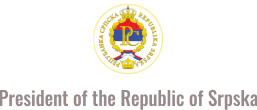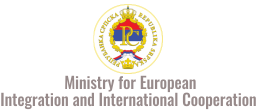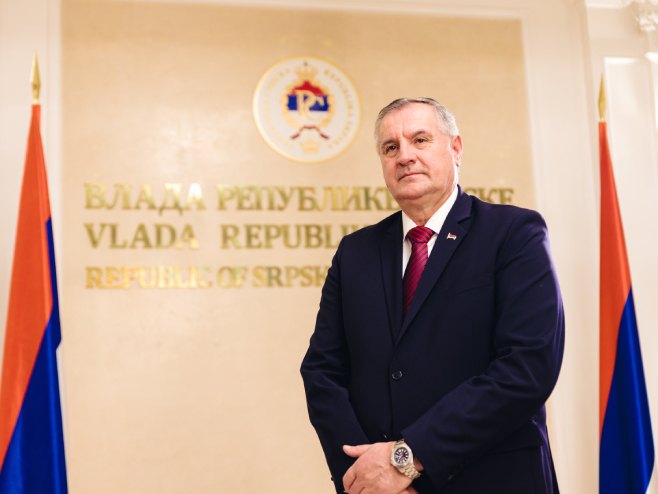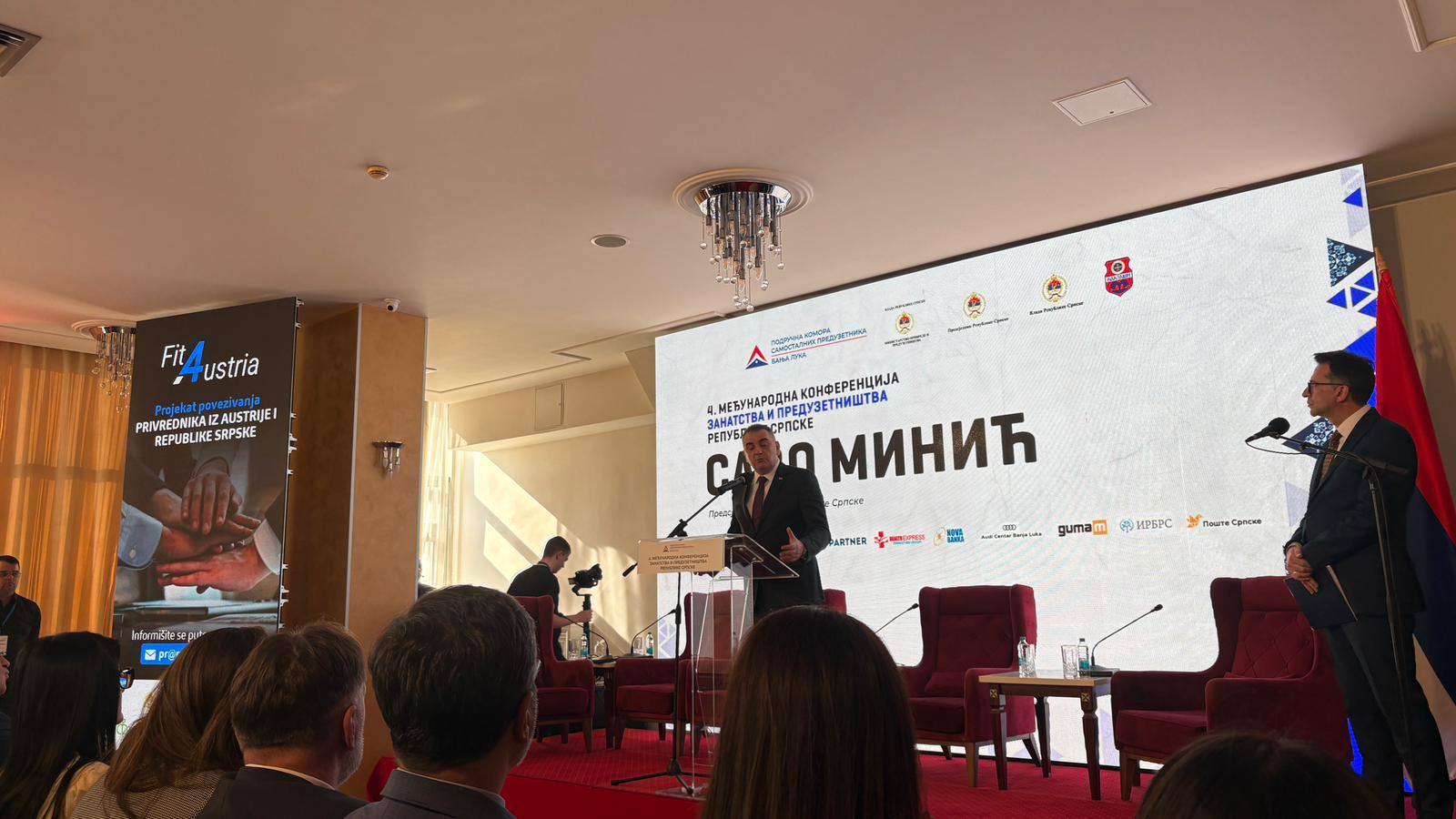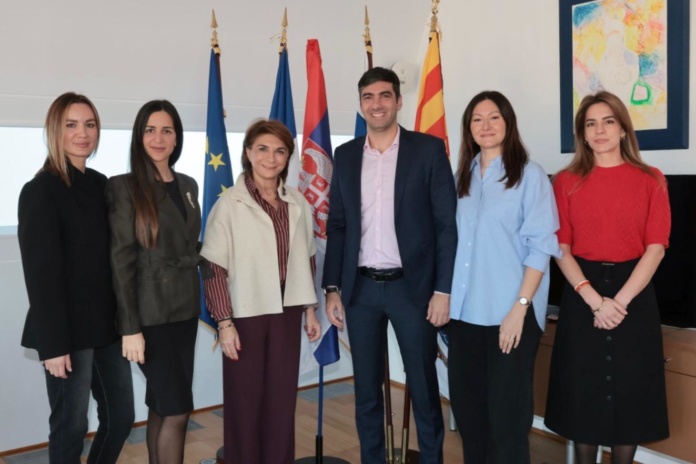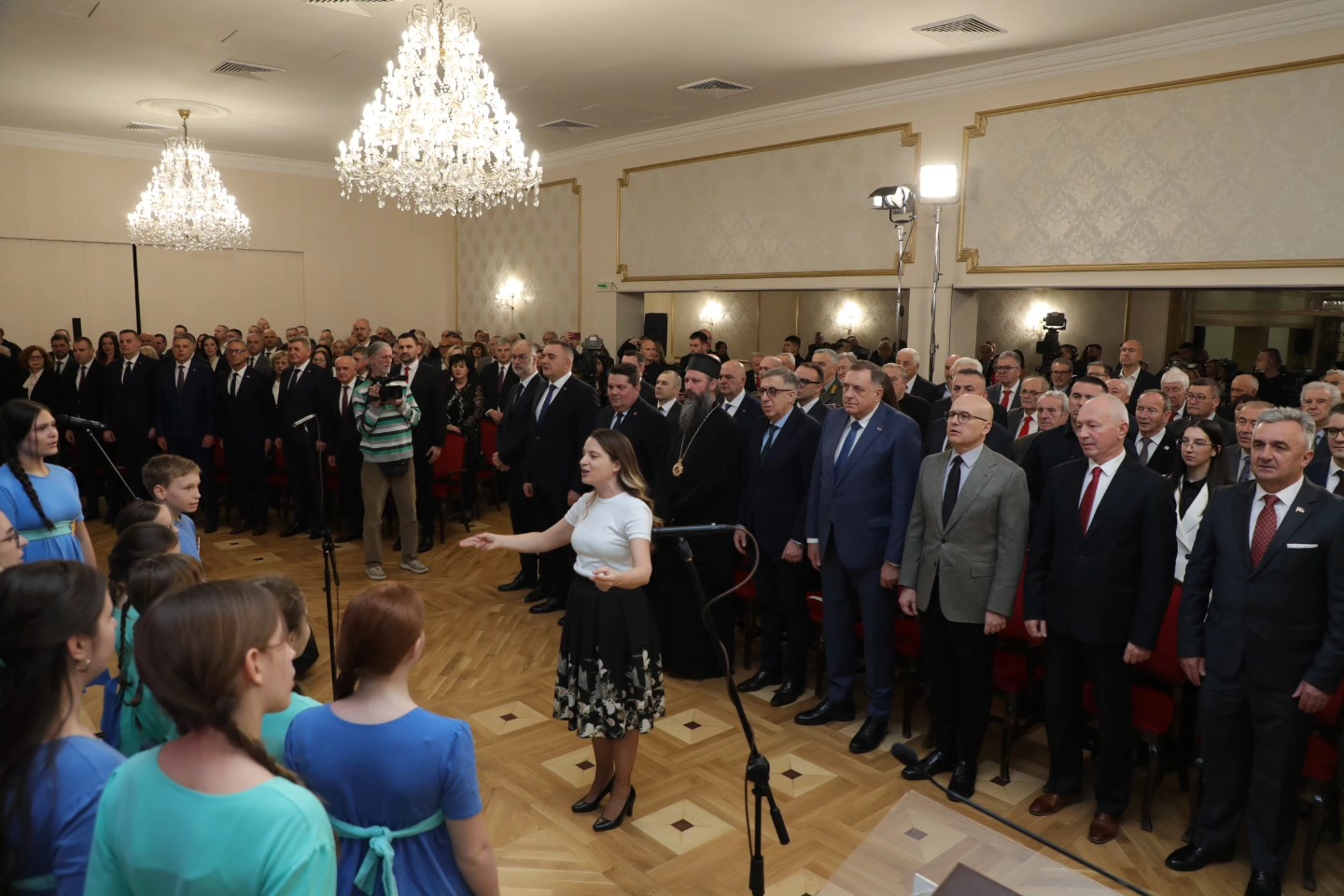The Prime Minister of the Republic of Srpska, Radovan Višković, said that in the coming period the Government would focus on defining strategic orientation and guidelines in actions aimed at our diaspora, being the best ambassador in the world.
– To this end, by means of the representative offices of the Republic of Srpska, we will invite our people who live and have their own businesses abroad, as well as other representatives of our emigrants, to meet, discuss, and learn about the significant advantages and benefits of investing in the Republic Srpska – Višković said.
He pointed out that everyone who decided to invest in Srpska would find it very profitable, and therefore they would be presented all the benefits that their businesses might enjoy in Srpska.
– We want to apprise our business diaspora of stimulating tax rates in the Republic of Srpska, favorable business costs, incentives offered by the government to employers for new employment and introduction of new technologies in the production process, and other benefits when investing – said Višković.
He noted that the favorable electricity price was one of the most important advantages of the Republic of Srpska, as well as the favorable geographical position, the proximity to the EU border and the existing and new motorways under construction connecting the Republic of Srpska with the region by modern and safe roads for undisturbed, safe and fast transportation of goods.
Referring to the tax policy, Višković explained that total effects of the tax relief for labor amounted to about BAM 415 million per year, which practically meant that the Government of the Republic of Srpska waived that amount annually in favor of employees.
– At the same time, during the relevant period, the tax wedge, which shows the tax burden, i.e. the share of taxes and contributions in gross salary, decreased from 38.5 percent to 34.1 percent in case of a net salary of BAM 1,000. For comparison purposes, the tax wedge in Serbia amounts to 38.1 percent, in Croatia 39.2 percent, and in FBiH 42.6 percent of the average salary. The profit tax relief based on investment in production has been expanded, and now the budget annually waives around BAM 5.4 million in favor of business entities – specified Višković.
According to him, in the previous three years, the economy was thus relieved by about BAM 16 million, and in the field of non-tax revenues, several very significant fees have been abolished, so the total annual effect of the reduction of non-tax fees was BAM 30.5 million that also remained in the hands of the economy and citizens.
– Also, significant progress was made in reducing non-tax fees in the previous period by abolishing the special republic tax, reducing some communal fees, and court and administrative fees, which brought about BAM 30 million in total annual savings to the business community. The plan for the coming period is to continue analyzing and further relieving the economy and the population by reducing, abolishing or changing the calculation method of some non-tax fees – said the Prime Minister.
He noted that strengthening the ties with our people in the diaspora was important for everyone, not only for improvement of business ties and economic prosperity, but also to connect even more strongly and closely as compatriots living around the world, primarily for the sake of the generations to come, who should stay in touch with the homeland and territory from which their parents and their ancestors had come.
– Strengthening fraternal and friendly ties is the best way to send a strong message of unity of the entire Serbian people in all the areas they inhabit today around the world. Our fraternal and friendly ties and our unity are a clear message that the Serbian people, no matter where it lives, must not forget its roots and history – Višković said.
He added that the Serbian people was still under many pressures, which had not stopped throughout its history, and that all of us together had to believe firmly in our freedom, which we could preserve only by being united and unified.
– We have to preserve our identity, language and alphabet, our religion and holy places, no matter where we are, and that is why the unity of all Serbs is a task to which we must all be deeply committed together – said Višković.
He said that the Republic of Srpska was politically completely stable and ready to respond to all the challenges it faced in its full democratic capacity.
Speaking about the economic situation in Srpska, Višković said that all economic indicators were positive, and that he was extremely proud of that fact, considering the turbulent period that we as a society had gone through and were still going through, first because of the coronavirus pandemic, and now also because of the current global financial crisis caused by the Russian-Ukrainian conflict.
– Our economic growth is supported by a large investment cycle which is in full swing and which primarily relates to investments in big energy projects, construction of motorway and expressway network, and construction of new, modern hospital facilities. At this moment, the Republic of Srpska has several billions of contracted investments, and they will be the main driver of our economic development in the coming period. Investments in projects in the field of energy will lead to export growth of the Republic of Srpska and provide additional energy stability for the Republic of Srpska – Višković said.
According to Višković, these are primarily the most important projects in this field, such as the hydropower plants Dabar, Buk Bijela, Foča, Paunci, Bistrica, and construction of solar and wind power plants.
– Investment projects in the field of transport infrastructure will enhance the competitiveness of Republic of Srpska economy and improve the living standard of our citizens, and these include construction of a network of motorways, expressways, bypasses around major cities, bridges, rehabilitation of the existing road and railway network, and restructuring and modernization of the railway infrastructure – stated Višković.
Source: RTRS-SRNA
Photo: RTRS
